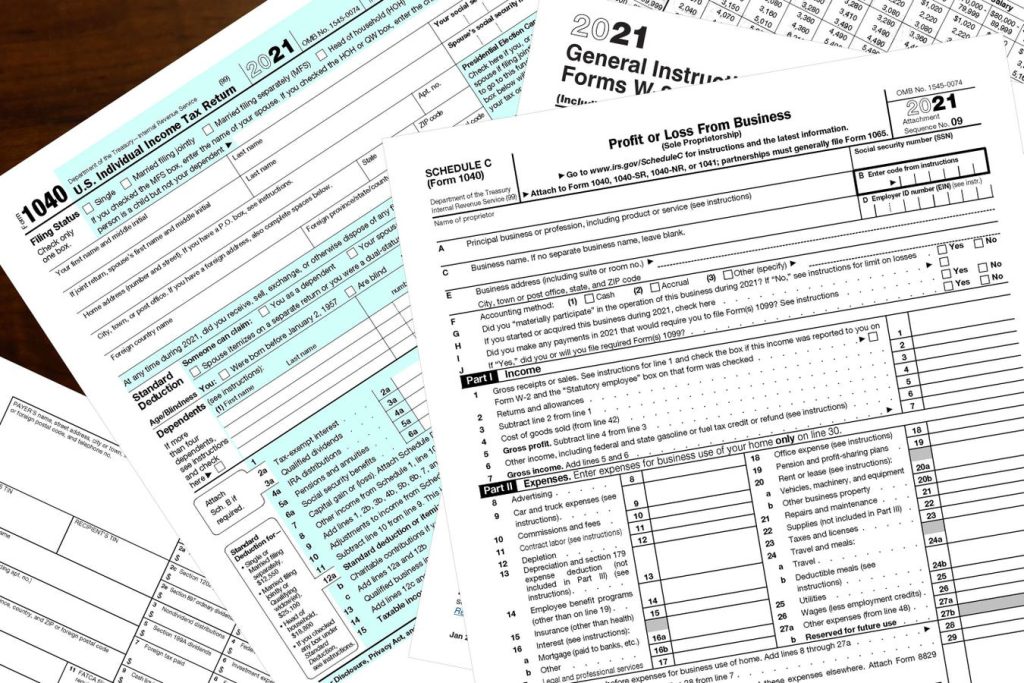U.S. persons with interests in foreign trusts often have complicated international reporting obligations. Aside from an IRS Form 3520, these persons may have separate requirements to file IRS Form 3520-A. Worse yet, the penalties for failing to file a timely and proper IRS Form 3520-A can be severe. This article discusses five important things you should know about IRS Form 3520-A.
Who Has To File
Generally, U.S. citizens and residents who own or are deemed to own an interest in a foreign trust under the grantor trust rules (i.e., secs. 671 through 679) are responsible for ensuring that an IRS Form 3520-A has been timely filed with the IRS. Primary responsibility rests with the trustee of the foreign trust—but, if the trustee fails to file the form, the U.S. owner becomes liable for penalties unless a substitute IRS Form 3520-A has been filed. In these latter cases, the owner should attach the IRS Form 3520-A to an IRS Form 3520 when filing.
There are some potential traps in analyzing whether a U.S. person must file a substitute IRS Form 3520-A. For example, section 679 treats a U.S. person as a grantor of a foreign trust if the person transfers property to the trust and the trust has a U.S. beneficiary. Many taxpayers overlook this rule. In addition, the IRS has cautioned that executors may have IRS Form 3520-A filing obligations with respect to decedents who held reportable interests in foreign trusts. See CCA 201208028.
When Do You Have To File
The IRS Form 3520-A filing deadline depends on whether the foreign trust or the U.S. owner files the form. For foreign trust filings, the form must be filed no later than the 15th day of the third month after the end of the trust’s tax year unless the trustee obtains an extension of time to file. For substitute IRS Form 3520-A filings, the U.S. owner must attach the form to the IRS Form 3520 by the IRS Form 3520 filing deadline (generally, April 15) unless the owner has obtained an extension of time to file. If an extension of time is filed in either case, the form must be filed on or before six months after the initial filing deadline.
The IRS Form 3520-A must be filed with the IRS office in Ogden, Utah.
What Are The Penalties For Failing to File
The failure to file a timely IRS Form 3520-A can be costly. Specifically, the IRS may assess a civil penalty equal to the greater of $10,000 or 5% of the gross value of the portion of the foreign trust that is treated as owned by the U.S. owner under the grantor trust rules at the end of the tax year. In addition, if the agency notifies the owner of the failure to timely file and such failure continues more than 90 days thereafter, the IRS may assess additional continuation penalties of $10,000 for each 30-day period (or part thereof) in which the failure continues.
In Wilson v. U.S., 6 F.4th 432 (2d Cir. 2021), the Court of Appeals for the Second Circuit held that the IRS could permissibly assess failure-to-file penalties for both the IRS Forms 3520 and 3520-A. Thus, the penalties can add up quick.
However, the IRS Form 3520-A penalty does not apply if the U.S. owner can show reasonable cause for the failure to file. Under new proposed regulations, reasonable cause determinations are made on a “case-by-case basis, taking into account all pertinent facts and circumstances.” In addition, the guidance under Treas. Reg. § 301.6651-1(c) applies. See id. (“If the taxpayer exercised ordinary business care and prudence and was nevertheless unable to file the return within the prescribed time, then the delay is due to a reasonable cause.”).
Significance Of U.S. Agent
The IRS Form 3520-A asks questions regarding whether the foreign trust has appointed a U.S. agent to act on its behalf regarding certain IRS matters. The significance of properly appointing an agent and reporting that information to the agency on IRS Form 3520-A cannot be overstated. By statute, the failure to appoint a U.S. agent in these circumstances can result in the IRS having the authority to determine the tax consequences of the trust to the U.S. owner. Accordingly, U.S. owners of foreign trusts should ensure they have a proper U.S. agent agreement in place and should report the existence of the agent to the IRS on IRS Form 3520-A.
What Do I Do If I Missed The Filing Deadline
Although the penalties for failure to file an IRS Form 3520-A are significant, U.S. owners have options in regaining compliance. First, if they are eligible, they can submit the late Form 3520-A (and other late-filed forms) through the IRS’ Streamlined Filing Compliance Procedures (SFCP). Under this program, the U.S. owner is not required to pay penalties for the late IRS Form 3520-A filing. Rather, depending on certain residency determinations, the U.S. owner would pay a penalty of 5% on certain assets that should have been disclosed on other forms—i.e., FBARs and IRS Form 8938—or no penalty at all.
If the U.S. owner does not qualify for the IRS’ SFCP, the owner can try to regain compliance through the IRS’ Delinquent International Return Submission Procedures. Under this program, the taxpayer would file the late IRS Form 3520-A and argue reasonable cause for the late filing. Under current IRS procedures, the IRS would assess the penalty automatically but would permit the taxpayer the opportunity to raise all reasonable cause defenses with the IRS Independent Office of Appeals.
Read the full article here

